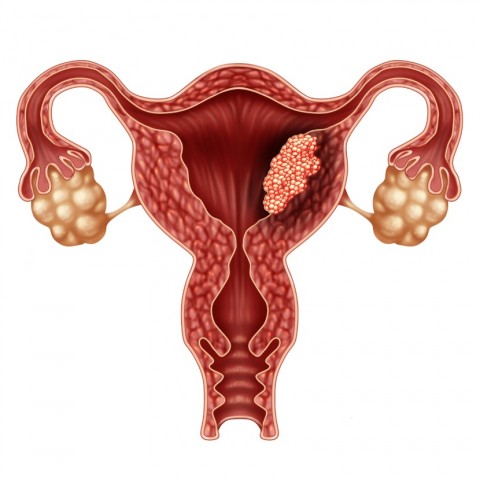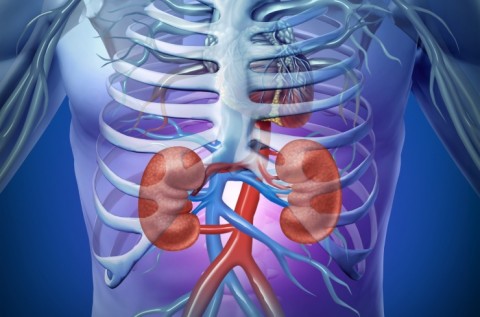DrCarney.com Blog
High meat diets may put women at greater risk of breast cancer.
Probably you already know that dietary habits, such as habitual intake of red meat, can increase your risk of dying prematurely from cancer and cardiovascular disease. This is the finding of a study published in the Archives of Internal Medicine. This study conducted by a team of experts from Harvard School of Public Health tracked the me...
Red meat is one of the most highly consumed foods worldwide. In the United States, the average American man eats roughly 6.9 oz of meat per day and woman consumes about 4.4 oz daily. The delicious (or not) taste and nutrients, such as proteins, iron, magnesium, zinc, niacin, selenium, riboflavin, and B-vitamins that meat supplies the...
Habitual consumption of inflammatory foods, such as soda, red meat, and processed meat products, may accelerate the development and growth of cancerous cells and tumors in the colon and rectum.
Consistent consumers of red and processed meat may be more prone to suffer from obesity, develop unhealthy body mass index (BMI), and have high waist circumference.
Frequent consumers of fatty foods, especially fats from red meat and dairy products, are much more prone to develop pancreatic cancer.
High dietary intake of red and processed meats may increase pancreatic cancer risk.
High intake of red and processed meats may increase total, cancer, and cardiovascular mortality risk in both men and women.
Symptomatic diverticular disease is less likely to occur in individuals adhering to a diet high in fiber and low in red meat and fats.
Exercising regularly and adhering to diets high in fiber, especially fruit and vegetable fiber, and low in red meat, and fat may help prevent the development of diverticular disease.
Unhealthy lifestyle and dietary habits, such as cigarette smoking, alcohol intake, physical inactivity, and consumption of diets high in red and processed meats and low in fruits, vegetables, fiber, and calcium, may increase an individual's risk of developing cancer.
The dietary and other lifestyle choices we make have an effect on almost every aspect of our health. Kidney health is no exception. The findings of the 2010 Global Burden of Disease Study revealed that Chronic Kidney Disease (CKD) is the 27th leading cause of deaths in the world. In the United States, chronic kidney disease is the 9th leading ...






